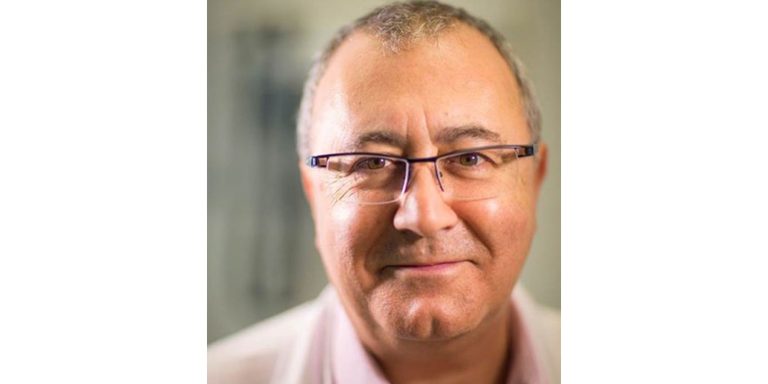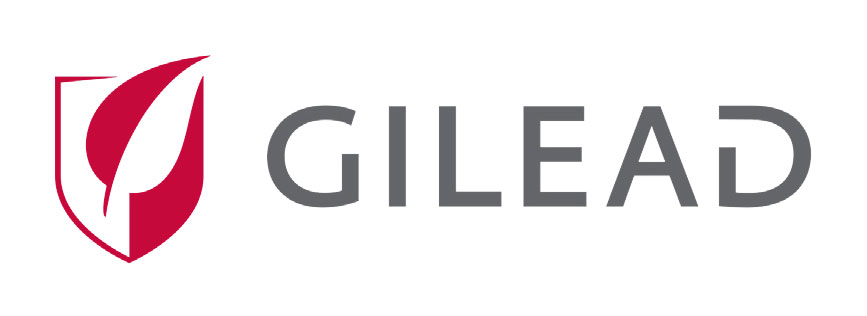Congress arrives in Montreal as HIV infections in Canada increase for the fourth consecutive year; More than 68,000 Canadians are living with HIV
AIDS2022 returns to Canada this July with Montreal as the host city. The Congress is sponsored by the International AIDS Society. Founded in 1988, the International AIDS Society hosts the world’s largest gathering of HIV professionals and community members from more than 170 countries working together to drive urgent action to reduce the global impact of HIV. The conference, which will welcome tens of thousands of attendees from across the globe, will provide an in-person experience for the first time since the pandemic began.
Canadian expert, Dr. Jean-Pierre Routy, Professor of Medicine at the McGill University Health Centre for Chronic Viral Illness and AIDS2022 local Co-Chair, believes it is the right time to once again come together, reengage and re-focus on the gaps in the HIV response. Like many health issues, HIV has taken a back seat to COVID-19, but with the World Health Organization’s (WHO) target of ending the HIV/AIDS epidemic by 2030 fast approaching, important challenges still need to be tackled.
In an interview, Dr. Routy discusses what the community can learn from the COVID-19 pandemic and why the conference’s return to Canadian soil should reignite Canada’s own commitment to reduce the spread and mitigate the impact of HIV.
Why is it so important that AIDS2022 returns to Canada?
In the 1990s, Canada established one of the strongest HIV/AIDS communities in the world, creating enduring and equal partnerships and collaborations with researchers, clinicians, government representatives, community advocacy groups, and the pharmaceutical industry. Our success was through collaboration and everyone coming together. Over the past two years, this has been difficult to maintain despite everyone’s efforts and, at the same time, the Canadian HIV landscape has changed. The conference will give us the opportunity to discuss evidence and new developments in treatment and care, especially for those Canadian communities, like First Nation and Inuit, that continue to be disproportionately affected or underrepresented.
How has the COVID-19 pandemic affected HIV care?
Before the world experienced COVID-19, HIV/AIDS, was considered a global public health concern. Scientific innovation, community partnership and public health advocacy in Canada over the past four decades have transformed HIV from an inevitably fatal disease to one that, for many, can be well controlled and prevented. However, our Canadian HIV response has been dramatically impacted and Canada did not meet the WHO 90-90-90 HIV target by the end of 2020. With the added stress to public health resources and the health care system, we saw a shift in access to care and treatment, and in some cases, HIV services shut down all together.
What lessons can the HIV/AIDS community learn from the pandemic?
At the start of the pandemic, COVID-19 researchers were asking the opposite question – what lessons do we have from the HIV epidemic? – because these learnings from the HIV community accelerated the global response in developing COVID-19 vaccines and treatments. In some ways, I think we need to re-learn our own lessons. What I mean by this is, we need to get back to our roots of research, collaboration, and partnership to respond to community needs today.
How can Canada improve HIV care today?
HIV cases are increasing in populations who use injection drugs, Indigenous people, individuals belonging to the African/Caribbean/Black community, and female-identified individuals. Whether it’s researching how treatments work in priority populations, or how innovative HIV prevention and treatment strategies can drive more equitable HIV care, we need to re-invigorate access to safe and effective therapies for everyone who needs them. The pandemic has shown us that we can successfully tackle major public health challenges.
According to national HIV estimates, there are more than 68,000 Canadians currently living with HIV. Even with advances in HIV interventions, Canada still sees a significant number of new HIV cases every year, with the Public Health Agency of Canada reporting 1,639 new HIV infection cases in 2020 with an additional 14% of those living with HIV unaware that they are infected.
To learn more about the upcoming AIDS2022 conference, visit: https://www.aids2022.org
This piece was paid by Gilead Sciences Canada, Inc. Gilead has helped transform care for people living with and at risk for HIV, pioneering inventions that were once thought impossible. Beyond the science, Gilead collaborates with partners and community to help address the root causes driving the HIV epidemic. Gilead believes that anyone living with HIV, and those at risk of infection, should benefit from the latest scientific innovations and have access to medicines. Together, we can end the HIV epidemic for everyone, everywhere. To learn more, visit gilead.ca



